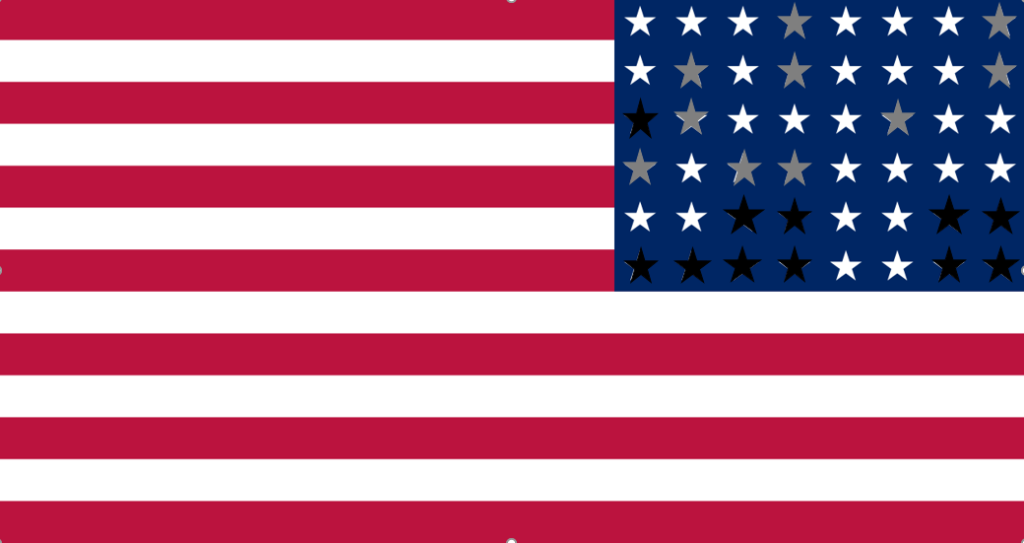The supreme court, of the corporate United states, decides United states v. Butler, declaring the Agricultural Adjustment Act of 1933 to be unlawful: “The act invades the reserved rights of the states. It is a statutory plan to regulate and control agricultural production, a matter beyond the powers delegated to the federal government. … They are but means to an unconstitutional end.”
NOTE: Although this decision declared the AAA of 1933 to be unlawful, it gave a bogus conclusion, contrary to the wishes of the framers and ratifiers that “the power of C[ON]gress authorize expenditure of public moneys for public purposes is not limited by the direct grants of legislative power found in the Constitution.”
[restored 7/15/2022]
Subsequent Events:
Authority:
Article X of Amendment
ccc-2point0.com/constitution-for-the-united-states
References:
Robert A. Levy and William Mellor, The Dirty Dozen: How twelve Supreme Court cases radically expanded government and eroded freedom, (New York: Sentinel, 2008), 24.
Calvin D. Linton, ed., The Bicentennial Almanac: 200 Years of America, 1776-1976, (Nashville, Tennessee: Thomas Nelson, 1975), 338.
United States v. Butler – Wikipedia
en.wikipedia.org/wiki/United_States_v._Butler


